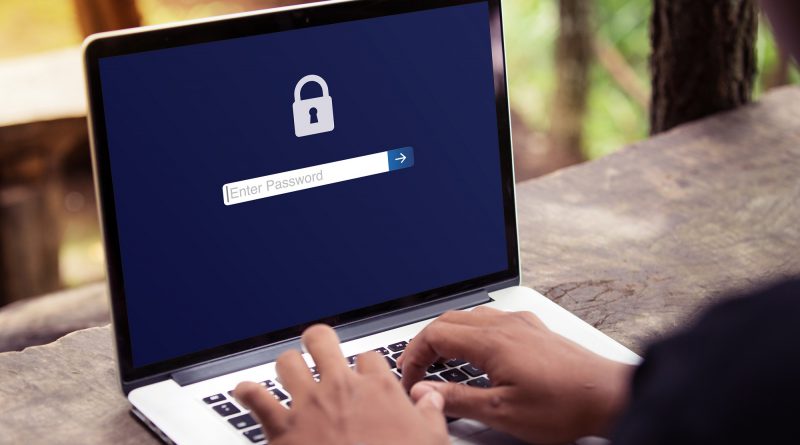Protect Your Personal Information Online
Cyber risks and threats has sharpened in Asia-Pacific, with some businesses in the region receiving six cyber threats every minute. As we sign up for different online services, we sometimes forget that we’re essentially handing over sensitive information. As personal information continuously flows through these online agencies, cybercriminals see countless possibilities, such as identity theft and even credit card fraud.

You should always be mindful of your online habits; the first steps involve being aware that your personal information is valuable, and identify ways to maintain online privacy. Always be cautious where you choose to provide it and follow these best practices:
- Set strong passwords and change them regularly. Always use complex passwords to make it more difficult for cybercriminals to gain access to your online accounts. A strong password uses a mix of characters and numbers to increase unpredictability. Enable two-factor authentication when available, especially for important online accounts.
- Use security software. Security software is vital when it comes to keeping your accounts and devices safe from cyber threats. Keep in mind that devices that you use to connect to the Internet can be exposed to different threats; security software adds an extra layer of defense for your accounts and devices.
- Only disclose financial information on verified, secure websites. When signing up, always look for an https:// and a locked padlock symbol in the URL bar, which means that the site is secured and data is encrypted. Do not blindly trust emails that show otherwise.
- If you get a suspicious email, double-check the sender of the email. Scams can target anybody, so ensure that emails sent to you are from authentic individuals or companies. Check the sender’s email address, and look for signs of malicious emails such as typos in the content.
- If in doubt of the website’s legitimacy, call the organisation it allegedly represents. Always verify a website’s or app’s legitimacy before providing any information. If still in doubt, contact the alleged company or individual before going one step further.
You should always be wary of who and where you provide your personal information; don’t be complacent about giving it away without any security assurance. Keep these tips in mind, and always be on the lookout for any suspicious activities online.

